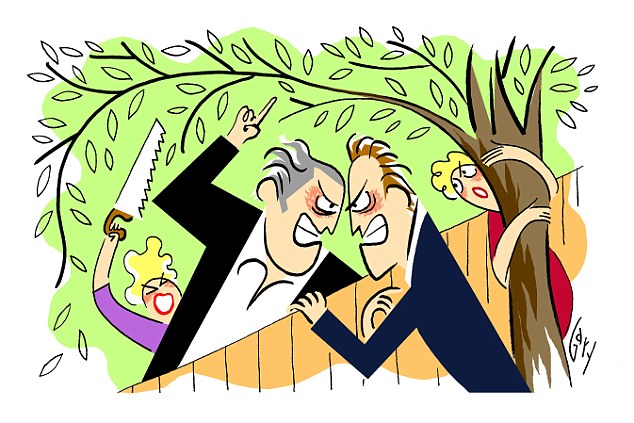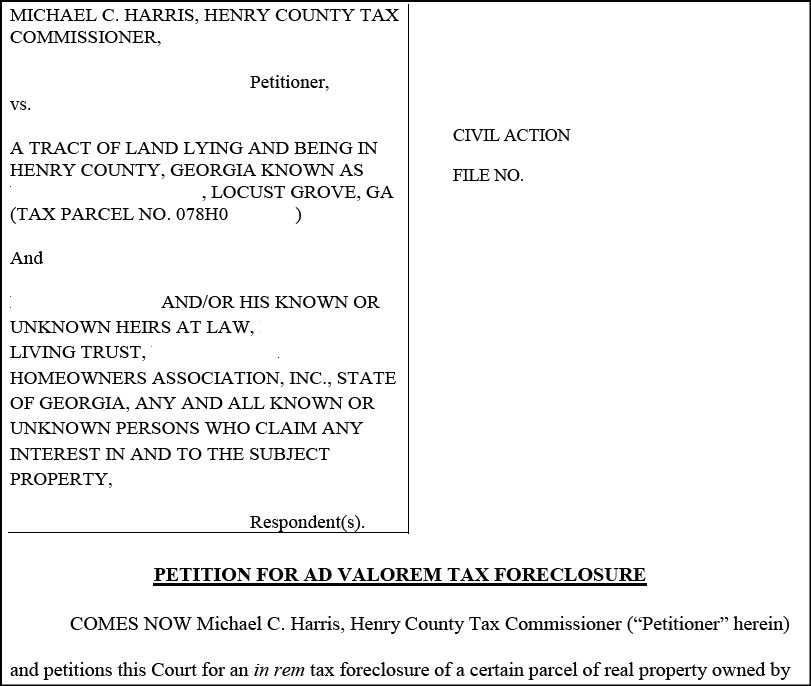
Unfortunately, neighbor disputes over boundary lines are common. These disputes often involve the placement of driveways, garages, and fences. These disputes are serious because they create uncertainty, expose property owners to potentially adverse outcomes, and falling out with your neighbor is unpleasant and stressful.
Legal Descriptions
When boundary disputes arise, a property owner must first determine what property belongs to them and what property belongs to their neighbor. Each time a property is sold, the seller gives the buyer a deed. The deed is supposed to include a “legal description” that describes the property’s boundaries. Unfortunately, sometimes legal descriptions lack enough detail to accurately know where the boundaries are. And even when the legal description is sufficient, unless the property already has surveyor pins or other permeant markers, it is not easy to know the exact boundaries.
Surveys
Usually, a boundary survey from a licensed surveyor is required when a boundary dispute occurs. In these situations, a licensed surveyor reviews the real estate deeds, comes out to the property, physically measures the property, and installs pins to mark the boundaries. Based on the surveyor’s research and physical examination, the surveyor creates a written diagram that visually shows boundaries, property improvements, and encroachments. On rare occasions, if the real estate deeds are unclear, a surveyor may be unable to generate an accurate survey. Also on rare occasions, one surveyor may disagree with another surveyor.
Encroachments
When there is disagreement regarding an encroachment or an alleged encroachment, you should consider calling an attorney. If a property owner does not resolve these disputes, they may lose land or be liable for damages for trespass, including punitive damages and attorneys’ fees. And, an owner may be forced to incur the expense of removing a fence or tearing down an improvement. All of these outcomes are expensive and often preventable with good legal representation.
What to Do If You Have a Boundary Dispute
1. First and foremost, regardless of whether you think you know where the boundaries are, get a surveyor to check and confirm. This is especially true when you buy a property or make improvements (for example, installing a fence).
2. If the surveyor cannot establish the boundaries (because the legal description is insufficient) or there are two surveyors who disagree, you should attempt to enter into a written boundary agreement with your neighbor.
3. If you still do not see eye to eye with your neighbor, consult with an experienced real estate attorney. There are many nuances to boundary disputes, such as adverse possession, whether a prior fence has established a new boundary line by acquiescence, oral agreements, and other agreements by prior owners that may be binding (“run with the land”). An experienced real estate attorney can guide you through these issues, ultimately saving you money, improving your odds of a positive outcome, and alleviating unnecessary stress.
Call Us
We are available at 404-382-9994 to discuss any questions you may have concerning a boundary dispute.




